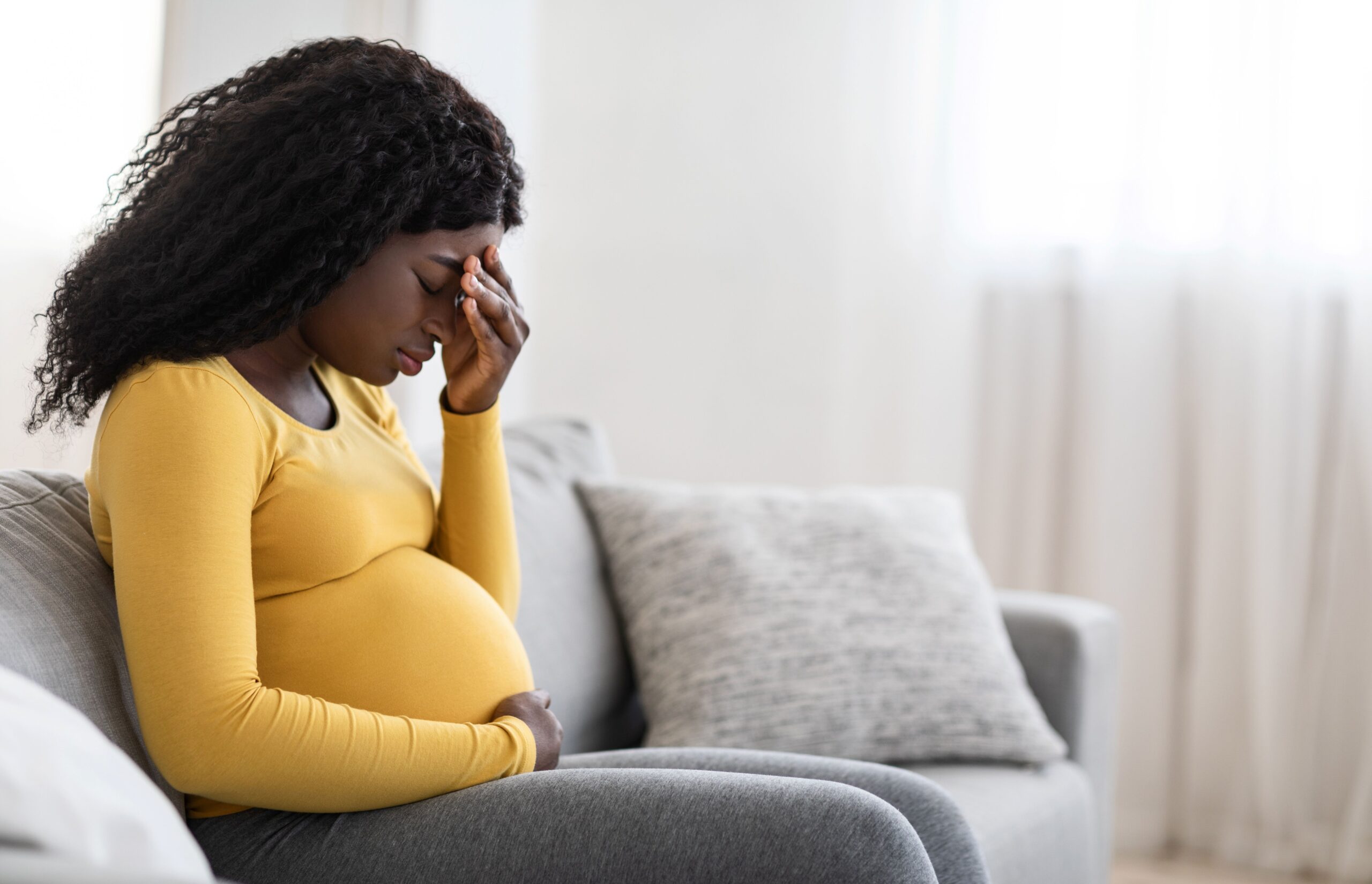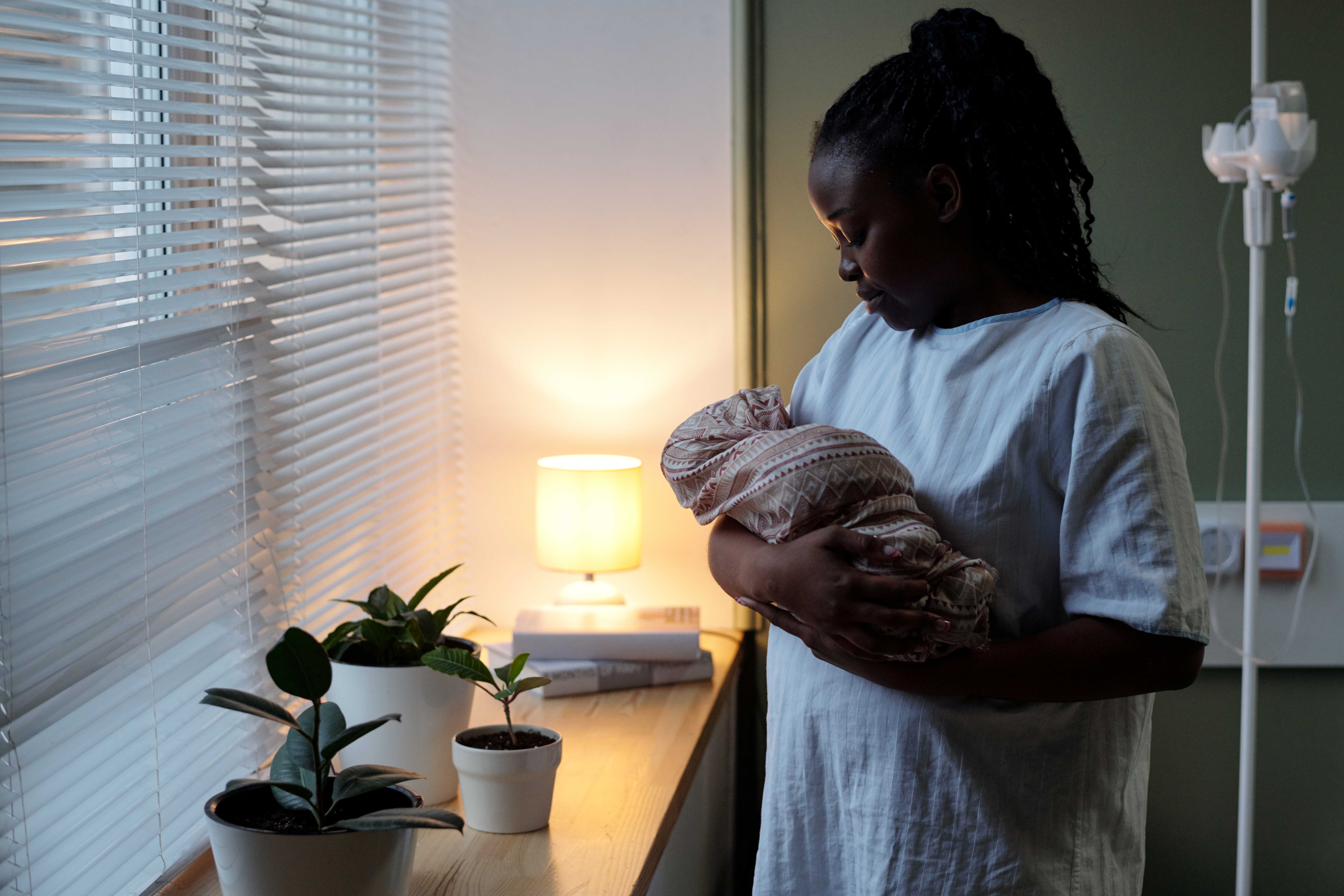Interview with Katherine Kalinowski, CEO of Good Shepherd Centers of Hamilton
As a former shelter worker, I can attest to asking women when they call in crisis whether they are safe in the moment they call, and if they are not they can come into shelter if there is space available. The question of their financial situation does not arise until the woman has been in shelter for a few weeks and staff will ask women what their housing plan looks like. They will then talk about what their financial situation looks like. I recall working with one woman who had lost a cable box and was being asked to pay a few hundred dollars for it. I called the cable company for her and advocated for the charge to be waived, explaining her situation. Thankfully the charge was waived and the woman was relieved that she did not have to find money she did not have. Sometimes it can be the smallest of gestures can have the biggest impact, because someone took the time to hear their story, understand their situation and advocate for them!
In our interview, Katherine Kalinowski, CEO of Good Shepherd Centers of Hamilton, Ontario recommended many important shifts that are needed to fight economic abuse:
KK: Good Shepherd and many other shelters do not provide direct monetary assistance to women, that happens through the social welfare assistance. However, there are some shifts that are important that are not necessarily in the Violence Against Women (VAW) specific sector, such as next steps programs like:
- Housing First, intensive care management programs, homelessness prevention that are federally funded, which recognises that sometimes the answer to a problem is an economic solution.
- Some programs have flex funds, which allow administrators to use funds to pay for first and last month’s rent because there is a recognition that without this type of financial support a woman and her children may not be able to move into housing, or they pay moving costs, or buy furniture or pay for transport to leave their home. There may be additional cash to pay for food.
- Women can also be connected with portable housing allowances, where the landlord is paid directly a portion of the rent through a government entity where unaffordable housing becomes affordable housing and sustainable.
I think these kinds of practical supports make a great deal of difference in women’s lives who are struggling with poverty, fleeing abuse and have been a long time coming.

Conclusion
A woman’s ability to rebuild her life after leaving an abusive relationship is very much dependent on how much money she has access to. Not having the fair share of the funds from the sale of the family home places the woman at a disadvantage in being unable to get new housing.
Not having access to adequate and affordable child care places a woman in a situation where she either has to rely on welfare assistance, work several low paying jobs or work in jobs that will exploit her.
The solution to women’s economic abuse is not a simple answer; it is multi-layered and requires significant investment from all levels of government including:
- Increasing the shelter bed capacity and simultaneously increasing the pay the shelter staff are paid to a living wage income, who are predominately women often single parents and or from marginalized communities.
- Funding programs that will help women and children deal with the traumas they have experienced.
- Increasing the Ontario Works (OW) and Ontario Disability Support Program (ODSP) rates of pay to be in line with the cost of living.
- Providing affordable and accessible child care.
- Affordable and accessible housing is a must.
Special thank you to Katherine Kalinowski, CEO of Good Shepherd Centers for sharing her time and expertise for this blog series. CCFWE empowers survivors across Canada through programs and resources focused on wellness and self-care, education and awareness, economic empowerment and advocacy. Show your support for domestic and economic abuse survivors and sign CCFWE’s petition to protect and support survivors of economic abuse.
By Manjit Kaur CCFWE Volunteer.







